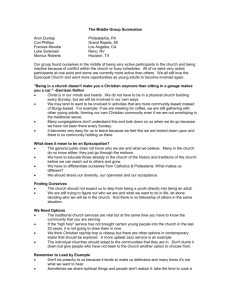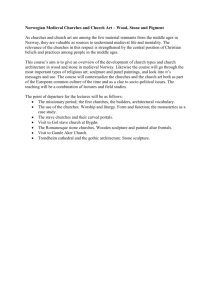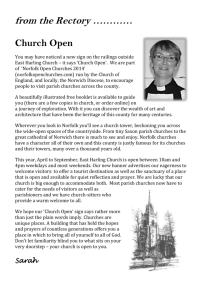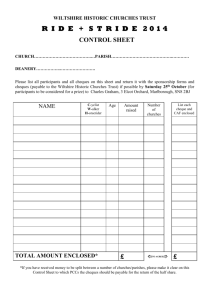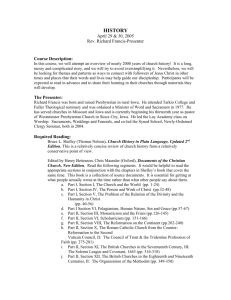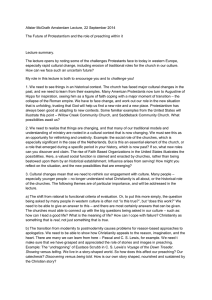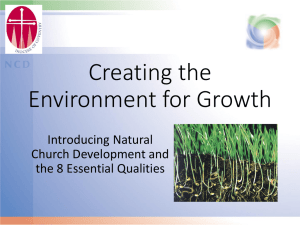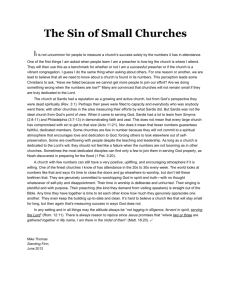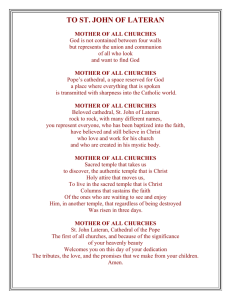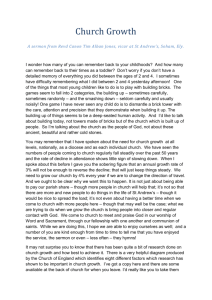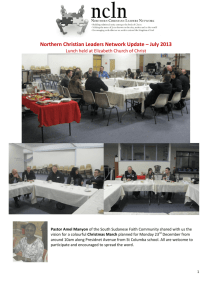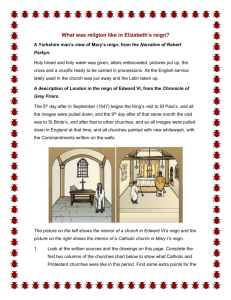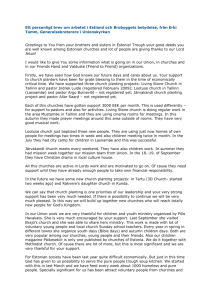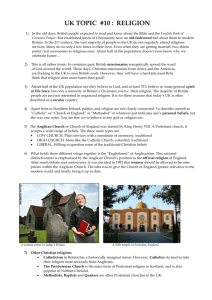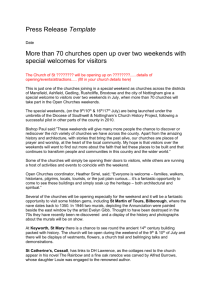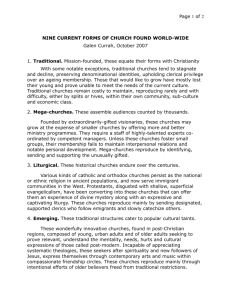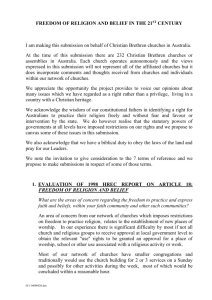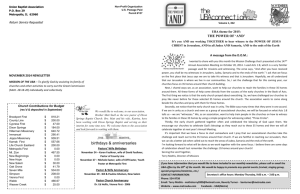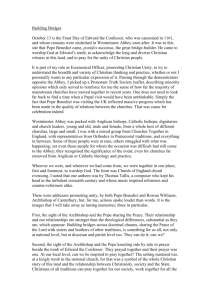stone religious
advertisement
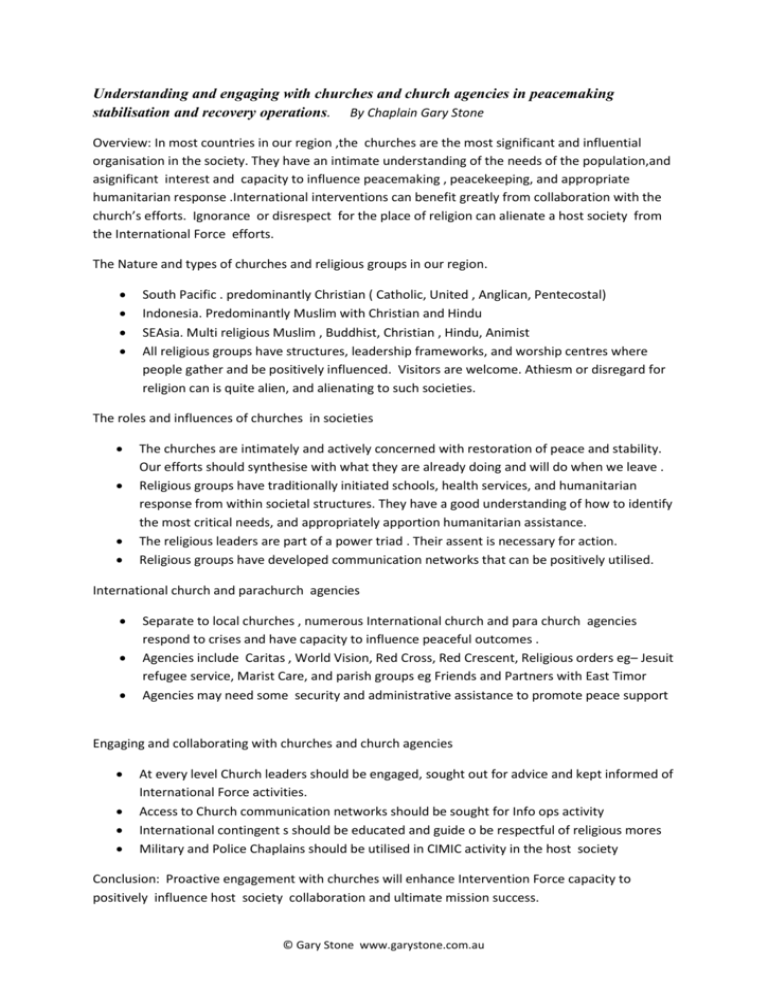
Understanding and engaging with churches and church agencies in peacemaking stabilisation and recovery operations. By Chaplain Gary Stone Overview: In most countries in our region ,the churches are the most significant and influential organisation in the society. They have an intimate understanding of the needs of the population,and asignificant interest and capacity to influence peacemaking , peacekeeping, and appropriate humanitarian response .International interventions can benefit greatly from collaboration with the church’s efforts. Ignorance or disrespect for the place of religion can alienate a host society from the International Force efforts. The Nature and types of churches and religious groups in our region. South Pacific . predominantly Christian ( Catholic, United , Anglican, Pentecostal) Indonesia. Predominantly Muslim with Christian and Hindu SEAsia. Multi religious Muslim , Buddhist, Christian , Hindu, Animist All religious groups have structures, leadership frameworks, and worship centres where people gather and be positively influenced. Visitors are welcome. Athiesm or disregard for religion can is quite alien, and alienating to such societies. The roles and influences of churches in societies The churches are intimately and actively concerned with restoration of peace and stability. Our efforts should synthesise with what they are already doing and will do when we leave . Religious groups have traditionally initiated schools, health services, and humanitarian response from within societal structures. They have a good understanding of how to identify the most critical needs, and appropriately apportion humanitarian assistance. The religious leaders are part of a power triad . Their assent is necessary for action. Religious groups have developed communication networks that can be positively utilised. International church and parachurch agencies Separate to local churches , numerous International church and para church agencies respond to crises and have capacity to influence peaceful outcomes . Agencies include Caritas , World Vision, Red Cross, Red Crescent, Religious orders eg– Jesuit refugee service, Marist Care, and parish groups eg Friends and Partners with East Timor Agencies may need some security and administrative assistance to promote peace support Engaging and collaborating with churches and church agencies At every level Church leaders should be engaged, sought out for advice and kept informed of International Force activities. Access to Church communication networks should be sought for Info ops activity International contingent s should be educated and guide o be respectful of religious mores Military and Police Chaplains should be utilised in CIMIC activity in the host society Conclusion: Proactive engagement with churches will enhance Intervention Force capacity to positively influence host society collaboration and ultimate mission success. © Gary Stone www.garystone.com.au © Gary Stone www.garystone.com.au
